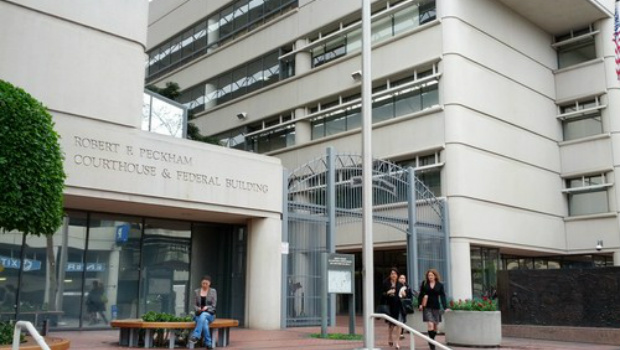A court in California has approved a $415 million settlement between tech workers and Intel, Google, Apple and Adobe Systems, who were accused of conspiring to prevent the poaching of each other’s employees.
The final approval has, however, reduced significantly the sums to be paid to lawyers and the class representatives who had initiated the court action.
The tech workers, who filed the suit, had alleged that Google, Apple, Intel, Adobe, Intuit, Lucasfilm and Pixar had engaged in an “overarching conspiracy” to fix and suppress employee compensation and to restrict employee mobility. Intuit, Lucasfilm and Pixar had previously settled with the workers for about $20 million.
Judge Lucy H. Koh of the US District Court for the Northern District of California, San Jose division on Wednesday described the settlement, for which she had given a preliminary approval in March, as “fair, adequate, and reasonable”. She added that the court was convinced that the settlement was arrived at after arm’s length negotiations and was not the result “of fraud, overreaching, or collusion among the parties”.
The lawsuit was one of the more high-profile class action cases in Silicon Valley, involving as evidence e-mails sent between the late Apple chief Steve Jobs and other key Silicon Valley executives like Google executive chairman Eric Schmidt and co-founder Sergey Brin.
Judge Koh last year rejected a proposed settlement of $324.5 million, which she found was too low.
Out of 64,466 class members, only 11 (about 0.017%) of the class submitted objections to the current settlement. In addition, only 56 class members, or less than 0.09% have opted out of the settlement, according to the judge. The opt-outs are also lower than the 4% of class members required for the companies to ask for a pro-rata reduction in the settlement amount.
Qualified windfall
In the payment to lawyers, Judge Koh, however used a formula mainly based on the time spent by the counsel on the litigation, and then using a multiplier, rather than calculating payment as percentage of the settlement amount as that would amount to a windfall profit for the lawyers. The counsel for plaintiffs sought a total of over $85 million or 20.6% of the $415 million settlement in attorney’s fees.
Adding the $5 million in attorney’s fees already awarded to class counsel in the earlier settlements with Pixar, Lucasfilm, and Intuit, counsel for plaintiffs in this case would be seeking a total of 20.8% or $90 million from both settlements, the judge wrote.
The court instead awarded the counsel a total of close to $41 million, which does not include the $5 million in fees awarded in the settlements with Pixar, Lucasfilm and Intuit. The reduction in fees will increase the recovery by class members by $700 to about $5,770 per person.
Judge Koh also reduced the “service awards” to class representatives. The second settlement aimed to award “reasonable service award payments of $80,000” to each of the five plaintiffs for their services. Michael Devine, a former Adobe engineer, who had opposed the earlier $324.5 million settlement, had asked that his payout from the new settlement should be doubled to $160,000 for his efforts in getting the proposed settlement amount increased. Devine appeared through his own counsel.
At a hearing on preliminary approval, however, the class counsel sought the court’s permission to seek up to $160,000 per class representative, which was allowed. Judge Koh has, however, awarded $120,000 to Devine and $80,000 to each of the others. They have already received $20,000 each from the settlement with Pixar, Lucasfilm and Intuit.
Judge Koh said that, among other contributions, each of these persons had “risked significant workplace retaliation by serving as a named plaintiff in this high-profile lawsuit”. But the high media coverage for Devine made it likely that he would find it even more difficult to get a job again in the tech industry, hence the higher payout, the judge wrote.
IDG News Service





Subscribers 0
Fans 0
Followers 0
Followers